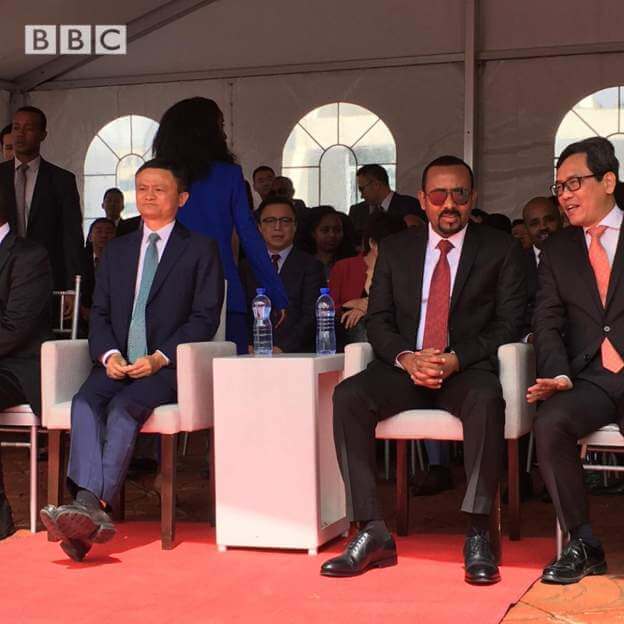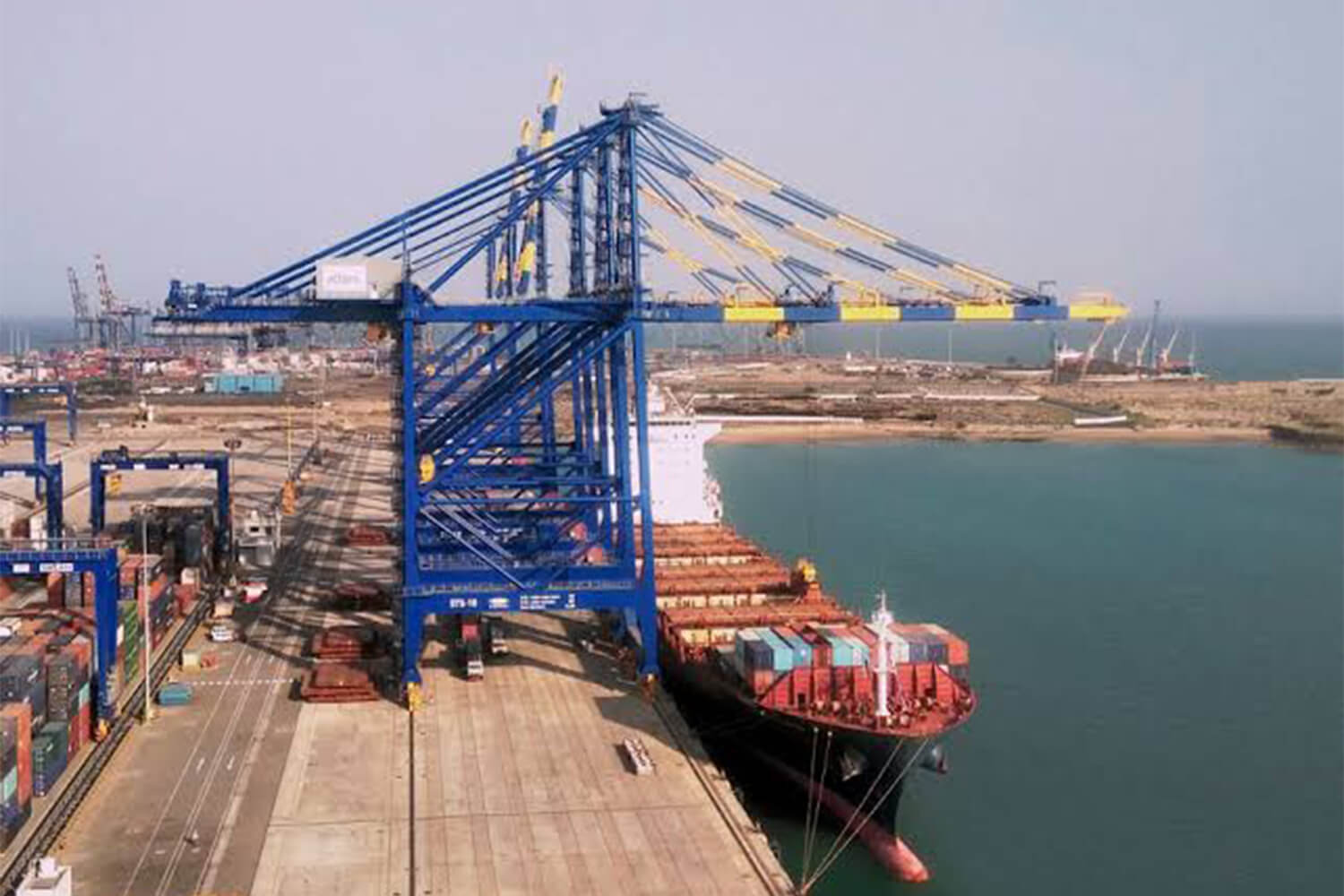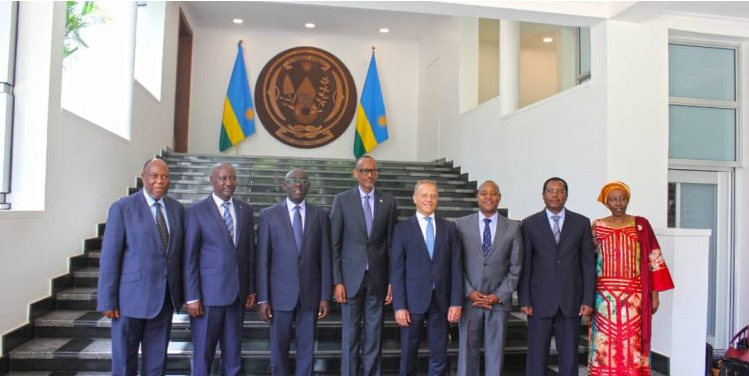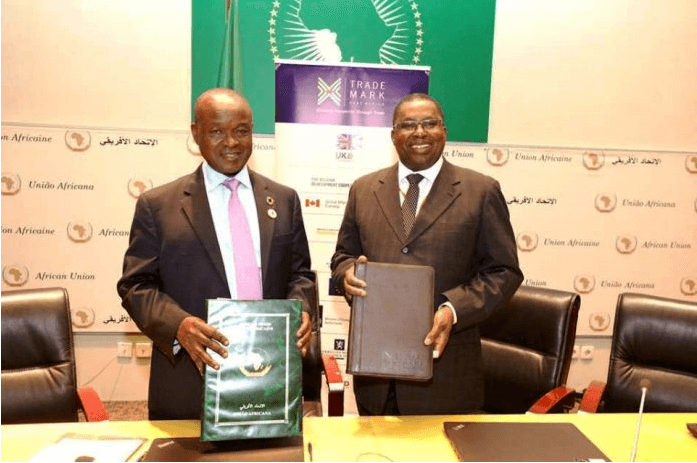A digital platform specifically designed to address the information needs of women in business and connect them via a custom-built social networking tool was launched over the weekend in Kigali, Rwanda. The platform, known as 50 Million African Women Speak, was unveiled during the Global Gender Summit in the Rwandan capital. It primarily seeks to help economically empower women by providing a one-stop-shop for a wide range of financial and non-financial services that women need to start and grow successful businesses. The initiative which is accessible at www.womenconnect.org is implemented by the Common Market for Eastern and Southern Africa (COMESA), East African Community (EAC) and the Economic Community of West African States (ECOWAS). It will allow women in 38 African countries to find information on running businesses, accessing financial services, create business opportunities online and access training resources, ultimately contributing to their economic empowerment. “I certainly believe that the creation of this platform is a very practical way of speaking to the general agenda of empowering women. I think a lot has been said and now we have come to a stage where we have practical initiatives such as this one,” said COMESA Secretary General Chileshe Kapwepwe. Through a robust social networking functionality that has been embedded in the platform, women will have opportunities for peer-to-peer learning, mentoring and sharing information and knowledge, connecting via the web-based platform or through the 50 Million African Women Speak mobile app. The platform is touted as having the potential to unleash a dynamic...
COMESA, EAC And ECOWAS Launch Platform For Women In Business
Posted on: December 2, 2019
Posted on: December 2, 2019




















